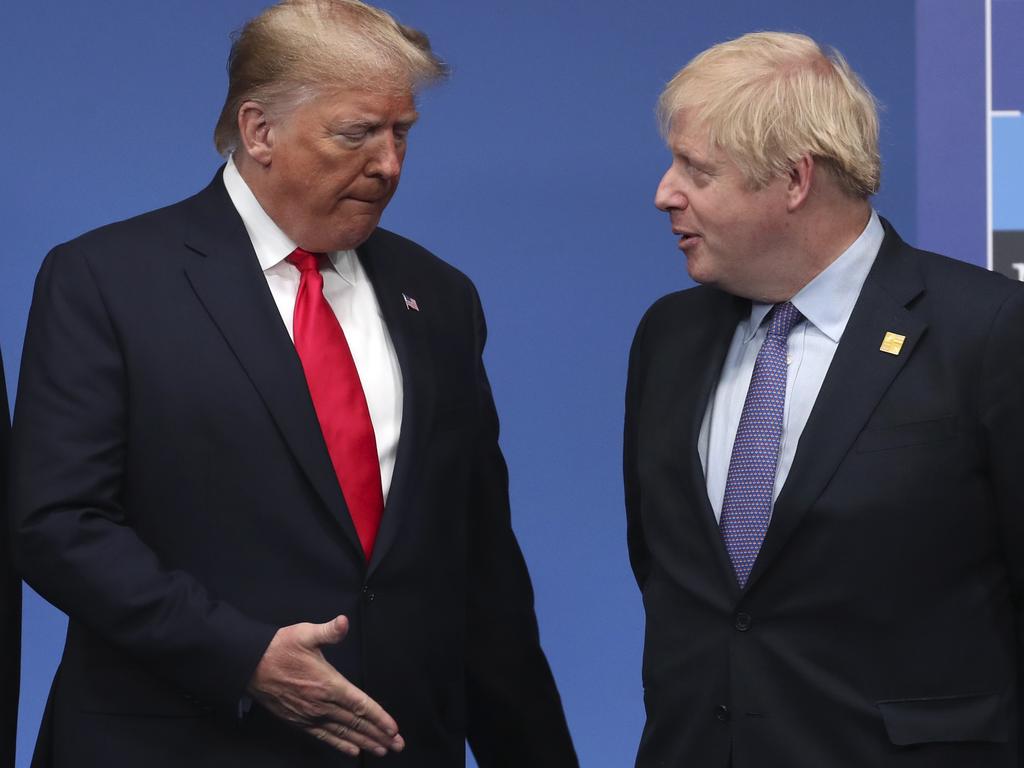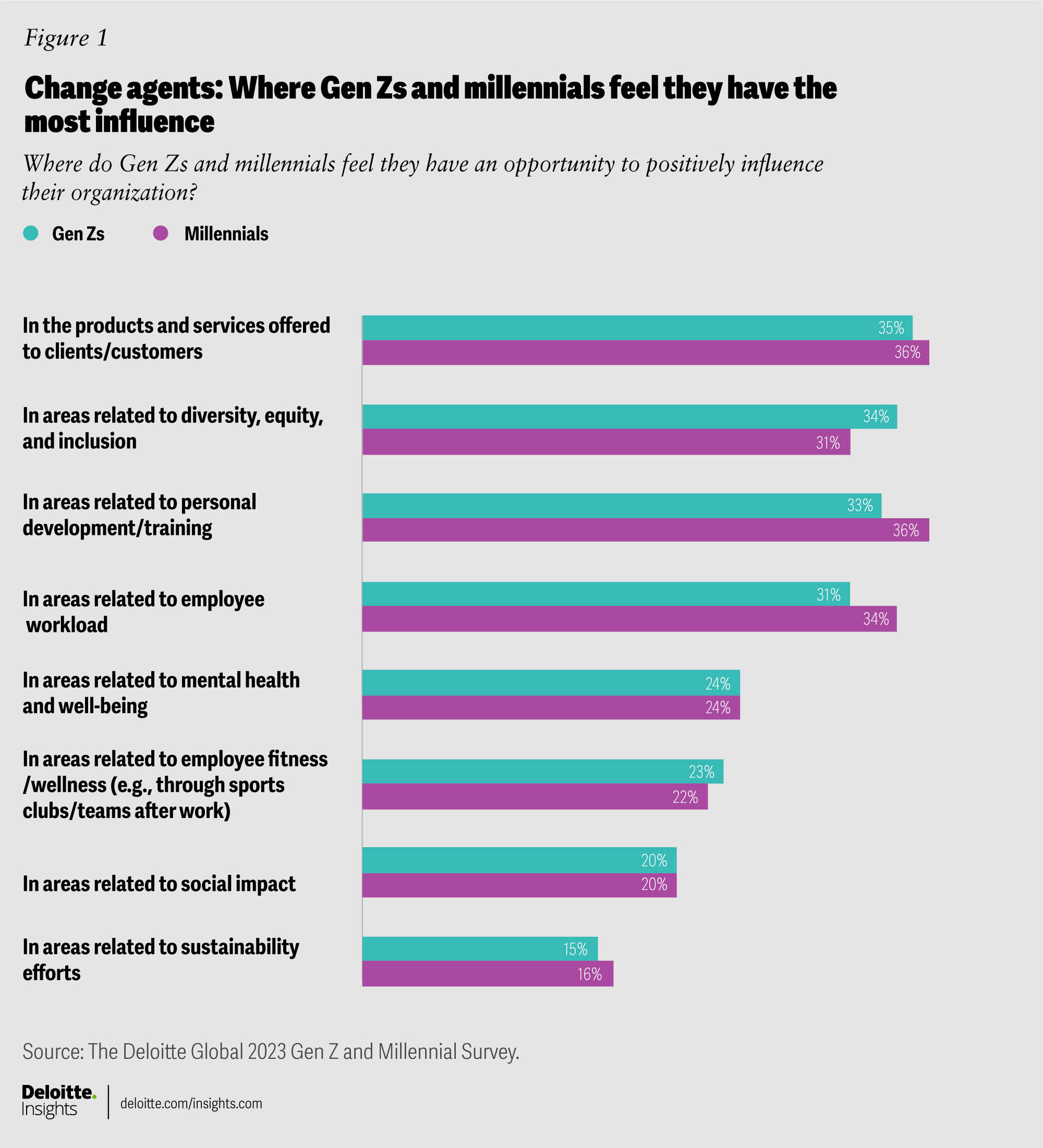Understanding The Potential Trump-UK Trade Agreement

Table of Contents
Historical Context and Initial Negotiations
Before Brexit, UK-US trade relations were governed by existing frameworks, primarily WTO rules. While a robust trading relationship existed, the possibility of a bespoke bilateral agreement held the promise of significantly deeper integration. Initial discussions during the Trump presidency suggested an ambitious approach, aiming for swift and substantial reductions in trade barriers.
- Key figures involved in early negotiations: Representatives from the UK Department for International Trade and the US Trade Representative's office played leading roles.
- Specific sectors initially targeted for trade liberalization: Agriculture, financial services, and pharmaceuticals were among the key sectors identified for potential liberalization.
- Challenges and obstacles faced during early stages: Differences in regulatory standards, particularly regarding food safety and environmental protection, emerged as significant hurdles. Concerns about potential trade imbalances also surfaced.
Potential Benefits of a Trump-UK Trade Agreement
A successful Trump-UK trade agreement held the potential for considerable economic benefits for both nations. For the UK, increased market access for its goods and services in the vast US market would have been a major boon. Simultaneously, the US stood to gain from increased access to the UK market and reduced trade barriers.
- Projected economic growth for both countries: Economists projected varying levels of GDP growth, depending on the scope and depth of the agreement. Some models suggested significant boosts to both economies.
- Specific sectors expected to benefit most: Financial services, particularly, were anticipated to experience significant growth due to enhanced market access. Agricultural exports from both countries also held potential for expansion.
- Potential job creation in both countries: The agreement promised job creation in various sectors, ranging from manufacturing and agriculture to financial services and technology.
Potential Challenges and Concerns
Despite the potential benefits, the Trump-UK trade agreement also faced significant challenges and concerns. Differences in regulatory approaches, potential trade imbalances, and political disagreements posed significant obstacles.
- Concerns regarding food safety standards: Differing standards for food safety and agricultural products presented a major hurdle, with potential disagreements over hormone-treated beef and genetically modified organisms.
- Disputes on intellectual property rights: Protecting intellectual property rights was another area of potential friction, with differing approaches between the two countries.
- Potential negative impacts on certain UK industries: Concerns were raised that certain UK industries might face increased competition from cheaper US imports, potentially leading to job losses in vulnerable sectors.
The Current State of the Agreement (Post-Trump)
The conclusion of the Trump presidency significantly altered the trajectory of UK-US trade negotiations. The Biden administration adopted a different approach, emphasizing a more multilateral and rules-based system. While the ambition for a comprehensive trade agreement remains, the pace and scope of negotiations have shifted.
- Key differences in approach between the Trump and Biden administrations: The Trump administration favored a bilateral, deal-focused approach, while the Biden administration prioritized multilateral cooperation and addressing broader trade issues.
- Current state of negotiations and timelines: As of today, negotiations continue, albeit at a slower pace than initially envisioned under the Trump administration. Specific timelines remain uncertain.
- Significant sticking points that remain to be resolved: Many of the challenges highlighted earlier – regulatory differences, intellectual property rights, and potential trade imbalances – continue to be significant sticking points.
Navigating the Future of the UK-US Trade Relationship
The potential Trump-UK trade agreement, while not fully realized, remains a significant historical marker in UK-US relations. The initial proposals highlighted the potential benefits and challenges of a comprehensive trade deal, shaping the current negotiations under the Biden administration. While the ambitious timeline envisioned by the Trump administration is no longer relevant, the underlying goal of a stronger bilateral trade relationship persists. Understanding the nuances of these negotiations—from the initial proposals of the Trump-UK trade agreement to the ongoing complexities under the current administration—is crucial for assessing the future of UK-US economic ties. Stay informed about the evolving landscape of the UK-US trade relationship and its potential impact on global markets. Continue your research on the intricacies of the former Trump-UK trade agreement proposals and their lasting effects.

Featured Posts
-
 Navigating The Elizabeth Line A Guide For Wheelchair Users
May 10, 2025
Navigating The Elizabeth Line A Guide For Wheelchair Users
May 10, 2025 -
 Brian Brobbey Physical Power Poses Europa League Threat
May 10, 2025
Brian Brobbey Physical Power Poses Europa League Threat
May 10, 2025 -
 Analyzing Androids Updated Design Impact On Gen Z Users
May 10, 2025
Analyzing Androids Updated Design Impact On Gen Z Users
May 10, 2025 -
 Incendie A Dijon La Mediatheque Champollion Touchee
May 10, 2025
Incendie A Dijon La Mediatheque Champollion Touchee
May 10, 2025 -
 Nhl Playoffs Game 1 Oilers Vs Kings Predictions Best Bets And Analysis
May 10, 2025
Nhl Playoffs Game 1 Oilers Vs Kings Predictions Best Bets And Analysis
May 10, 2025
